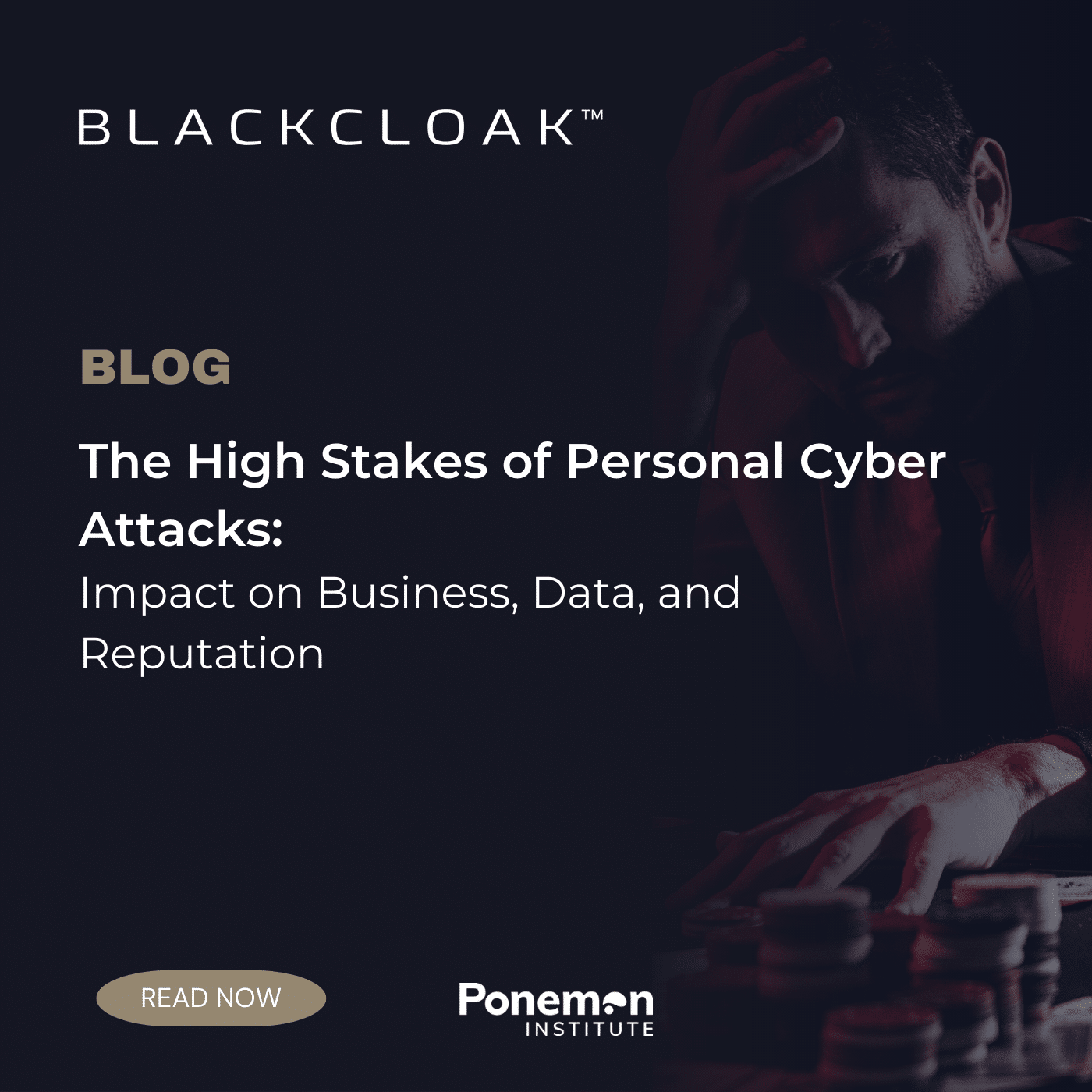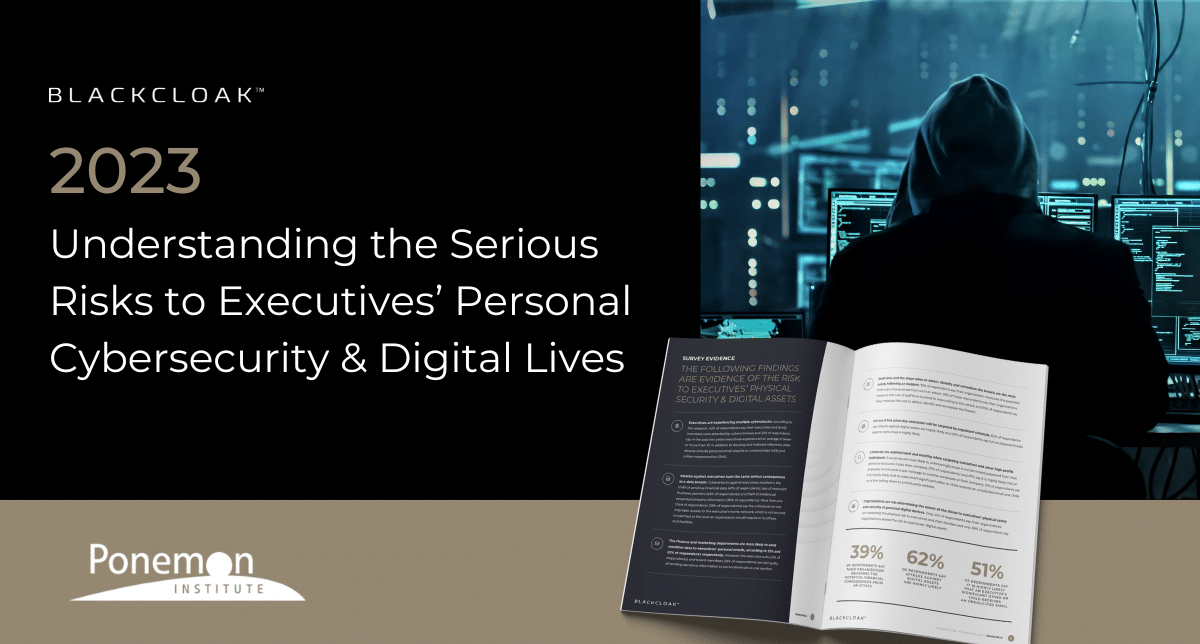The High Stakes of Personal Cyber Attacks: Impact on Business, Data, and Reputation

In the digital age, we all live in glass houses. Our lives, personal and professional, are intertwined with technology in a way that renders us vulnerable to cyber threats. The consequences of these threats are not limited to our personal realm. The spillover into the professional sphere often results in significant business losses, theft of sensitive data, and substantial expenses in threat identification and remediation.
A recent study brings to light the alarming professional implications of personal cyber attacks. According to this study, 45% of respondents reported losing important business partners as a direct consequence of these attacks, and 33% experienced damage to their reputations due to the exposed information. It paints a grim picture of the tangible damage such attacks can inflict on both individuals and businesses.
One of the most prevalent impacts of personal cyber-attacks is the theft of sensitive data. Cybercriminals, after breaching personal digital boundaries, can gain access to an array of confidential information. This could range from intellectual property, business plans and financial details to proprietary data and customer information. Such breaches not only harm the executive’s personal reputation, but also jeopardize the integrity and competitiveness of the organization.
The financial toll of these cyber attacks doesn’t stop there. A substantial amount is spent on identifying and responding to the threats after the fact. Businesses often need to engage cybersecurity experts, legal advisors, and public relations consultants to help manage the crisis. Plus, the cost of implementing new security measures and software can add up quickly. Not to mention the potential costs associated with lawsuits or fines if customer data has been compromised.
Beyond these tangible losses, there’s the less quantifiable but equally significant cost of reputation damage. Trust, once lost, is hard to regain. It can take years for a company to rebuild its image after a high-profile data breach. In an era where customers value privacy and transparency, a tarnished reputation can have long-term impacts on a company’s success.
Preventing these attacks should be a priority for all organizations, big or small. This requires a comprehensive cybersecurity strategy that extends beyond the company’s digital borders into the personal digital lives of executives. It involves regular cybersecurity training, secure communication tools, robust personal device security, and a proactive approach to threat identification and response.
In conclusion, personal cyber attacks are not just a private issue. They can have far-reaching consequences that can cripple businesses, lead to substantial financial losses, and damage reputations. Awareness and preparedness can go a long way in mitigating these risks, ensuring the security of both personal and professional digital worlds.
To read our full market report, executed by Ponemon Institute, click here.









